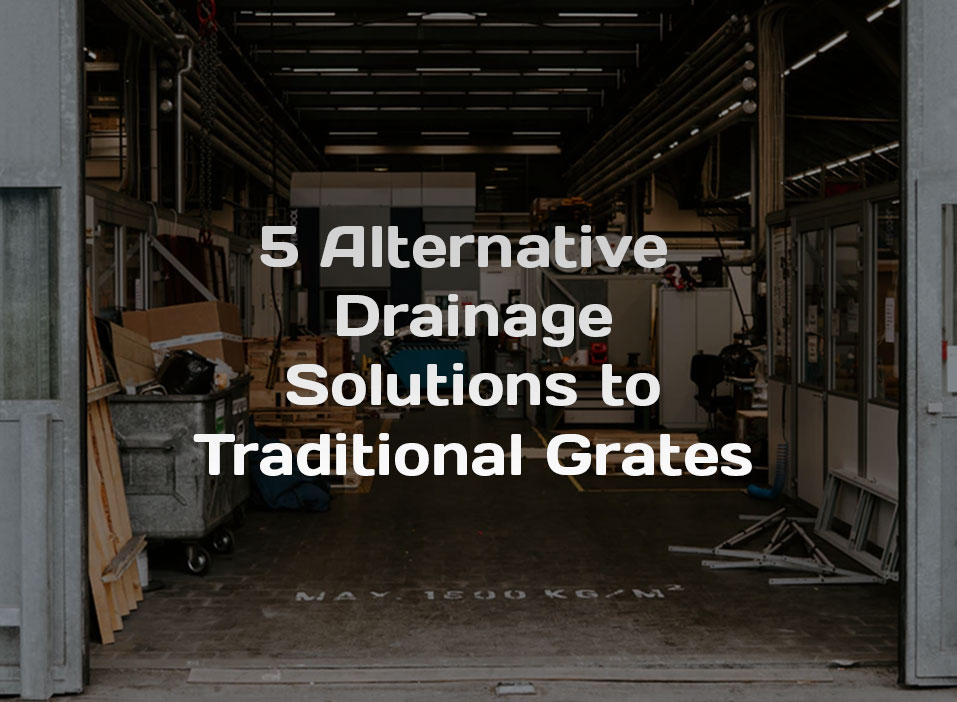
Water is present everywhere you look, indoors and outdoors. Without proper management, water can pose several different issues: sanitation problems, foundation problems, slip hazards, and so much more.
Alternative Drainage Systems
While people typically turn to traditional drainage systems for a wide range of applications, these traditional systems are not always the best option. Because of that, you may want to consider alternative drainage systems that can better fit your needs.
1. Landscaping
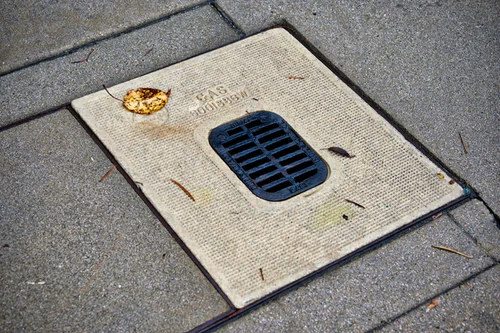
Landscaping is an outdoor area that is meant to be beautiful and look pristine. It is also exposed to water in many forms: rain, sprinkler systems, water hoses, and even melting snow in some places that can lead to water accumulation. This can lead to safety hazards like slick surfaces, and pooling water which can create bacteria and deteriorate the ground. Water runoff can also create cosmetic damage, like ruining the landscaping of plants by eroding the soil.
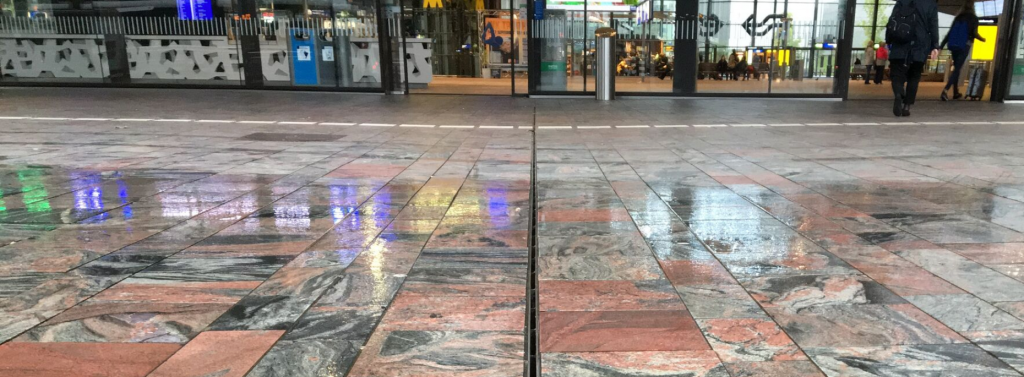
While a traditional drainage system can handle this type of water runoff, it isn't without flaws. For one, they are usually unattractive systems that can ruin the appearance of a landscaped area. They also can get clogged easily with large pieces of debris, which can prevent the system from working correctly. Traditional systems also involve grate covers, which are heavy, fragile, and stick out enough that they can become tripping hazards.
2. Residential
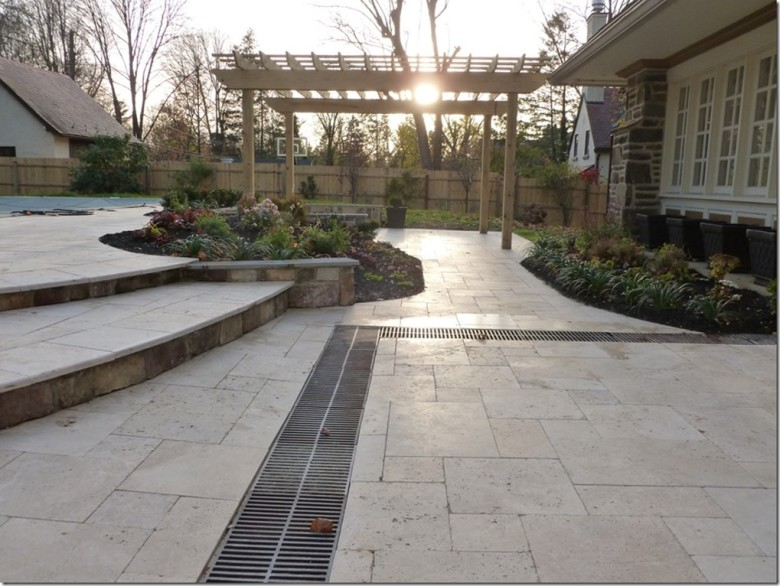
Residential areas are similar to landscaped zones in the problems that they face with water accumulation, however, they also have pools that require large amounts of water. Residential areas the added concern of foundation safety. If water runoff gets too close to a home's foundation, it can lead to serious structural issues that can be expensive to repair.
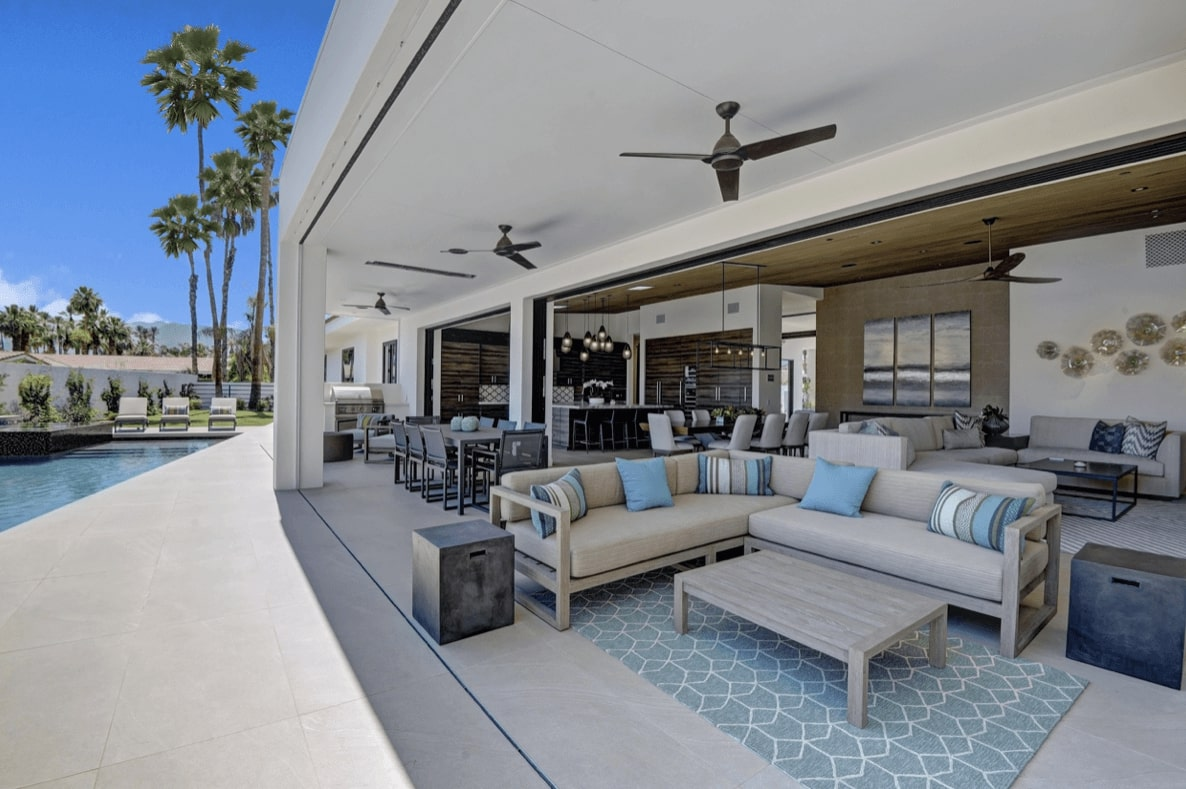
With landscaping, a traditional drainage system can be effective, but it is usually big, bulky, and unattractive. A grated trench drain is not only big, but it would be difficult for a homeowner to maintain since grate coverings are so heavy and fragile. It can also be a safety risk to small children, pets, the elderly, and anyone that is handicapped. Instead, residential areas need something simple and streamlined.
3. Food Processing
.png)
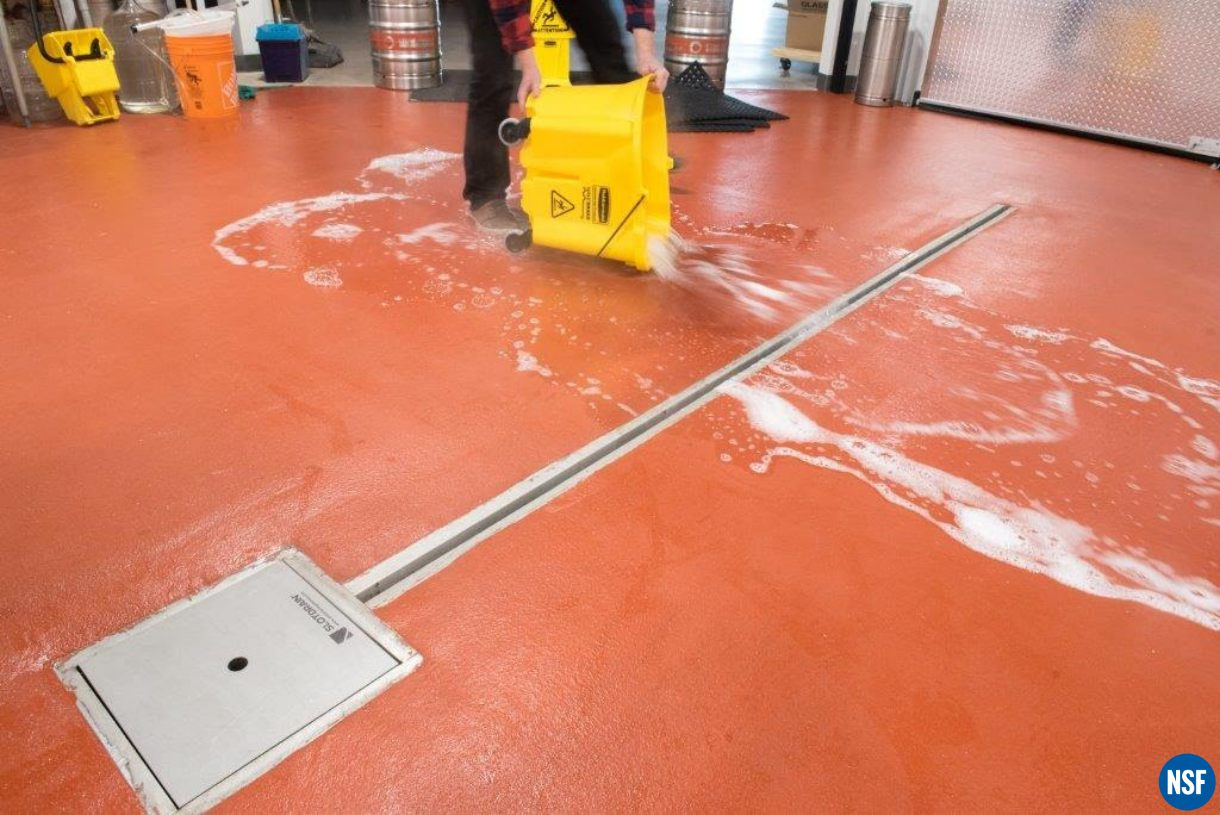
Having the right drainage system to deal with these issues can ensure that the facility remains safe, clean, and sanitary. Within a food processing facility, a grate-covered trench drain can be problematic in many different ways. It requires more maintenance, can cause other safety issues, can become clogged with debris, and not be able to handle the flow rate necessary in a food facility.
4. Winery Drainage
Wineries also have to be concerned with the level of sanitation within their facility. Wineries use a considerable amount of water and, without anywhere to go, water will be left sitting on the ground, where it can create slipping hazards for employees, but can also be a breeding ground for harmful bacteria and contamination.
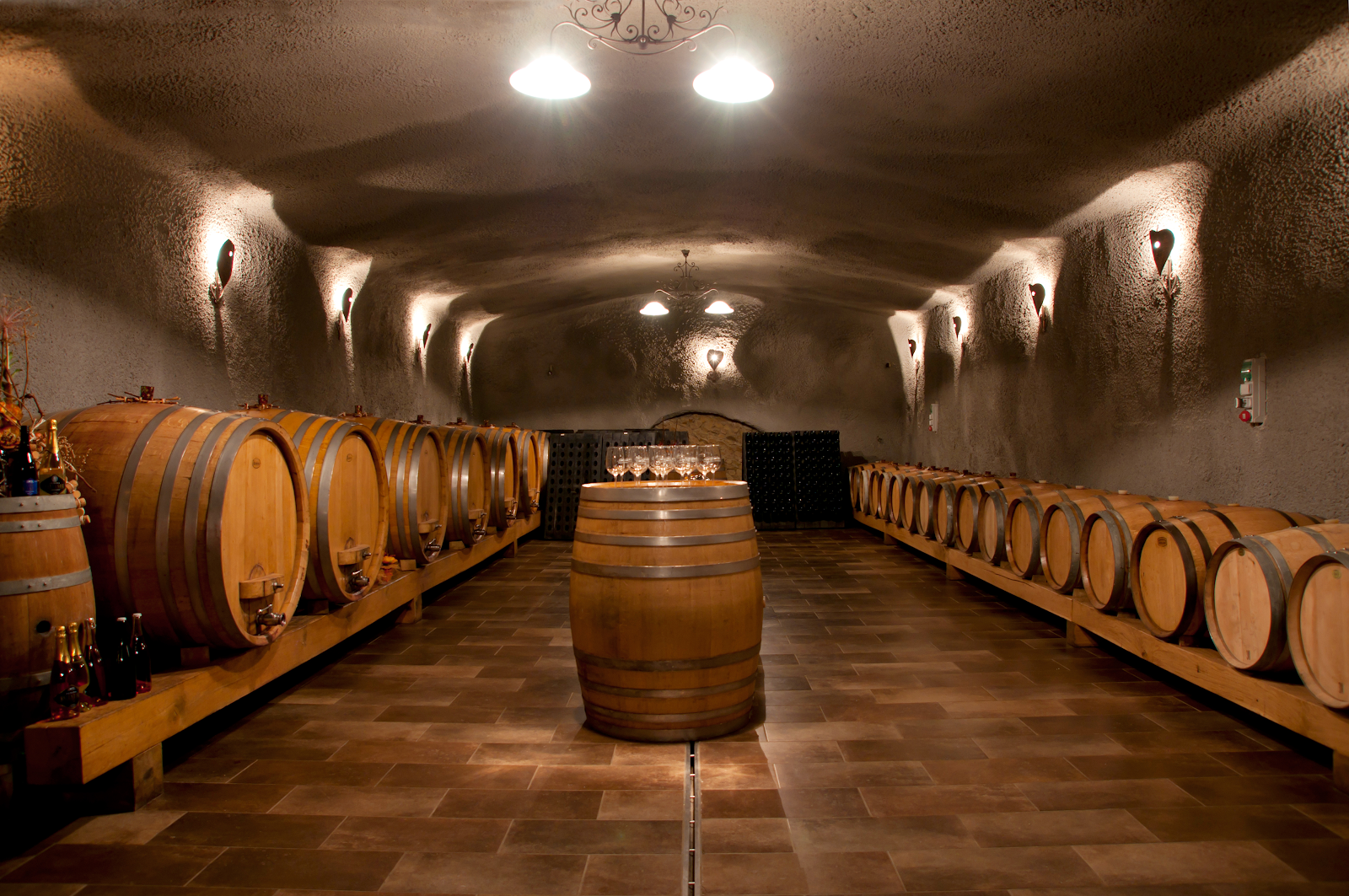
Because wineries require so much water, they need a drainage system that can handle those significant flow rates, which a traditional system may struggle to manage. Additionally, a traditional drainage system may also be incapable of maintaining the proper level of sanitation required for a winery. Beyond that, a traditional system can prove difficult and costly to maintain.
5. Industrial Drainage
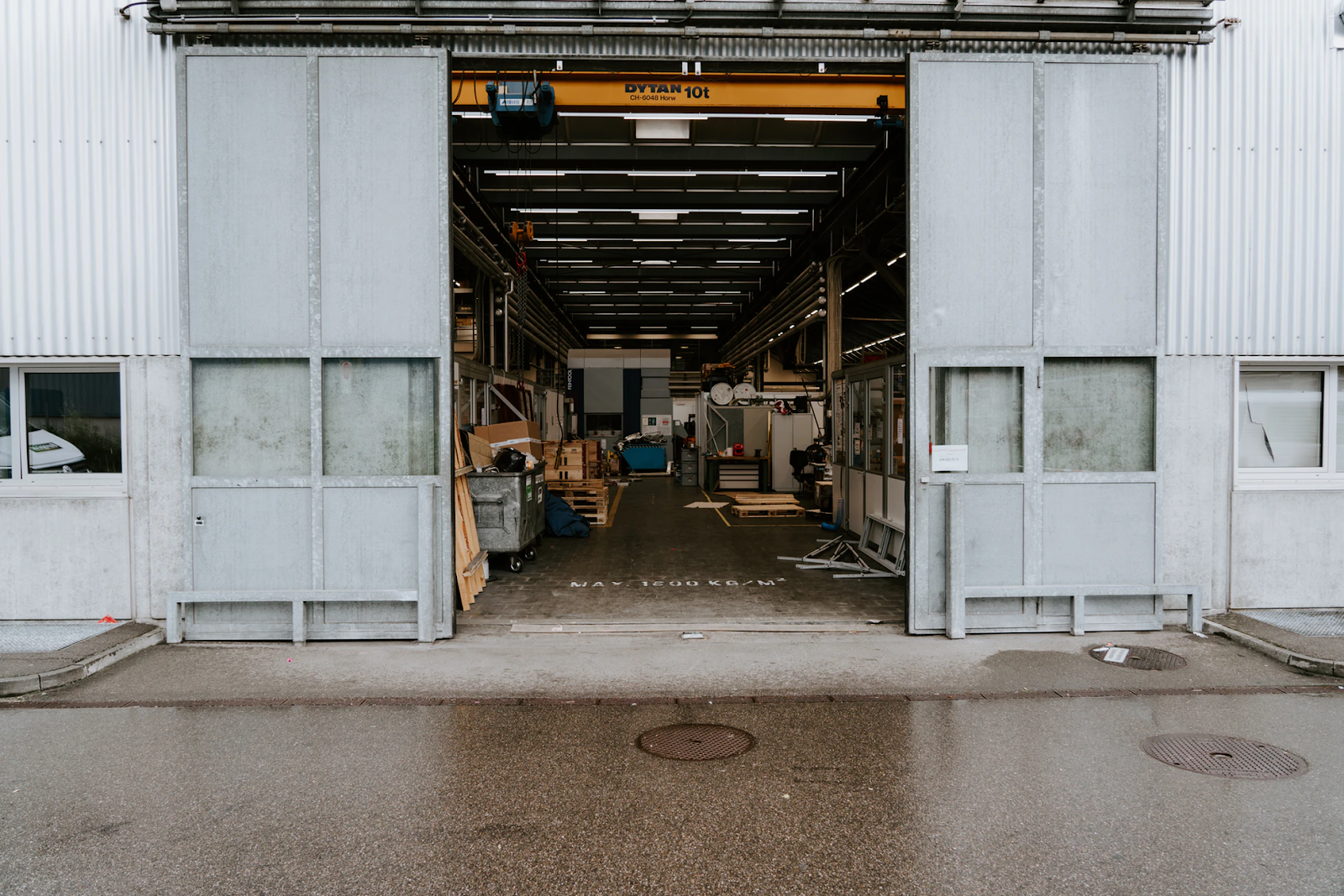
Industrial facilities have slightly different drainage needs than other places. Pooling water is still a significant concern, as it can cause workers to slip and bacteria to begin to grow, which can be harmful.
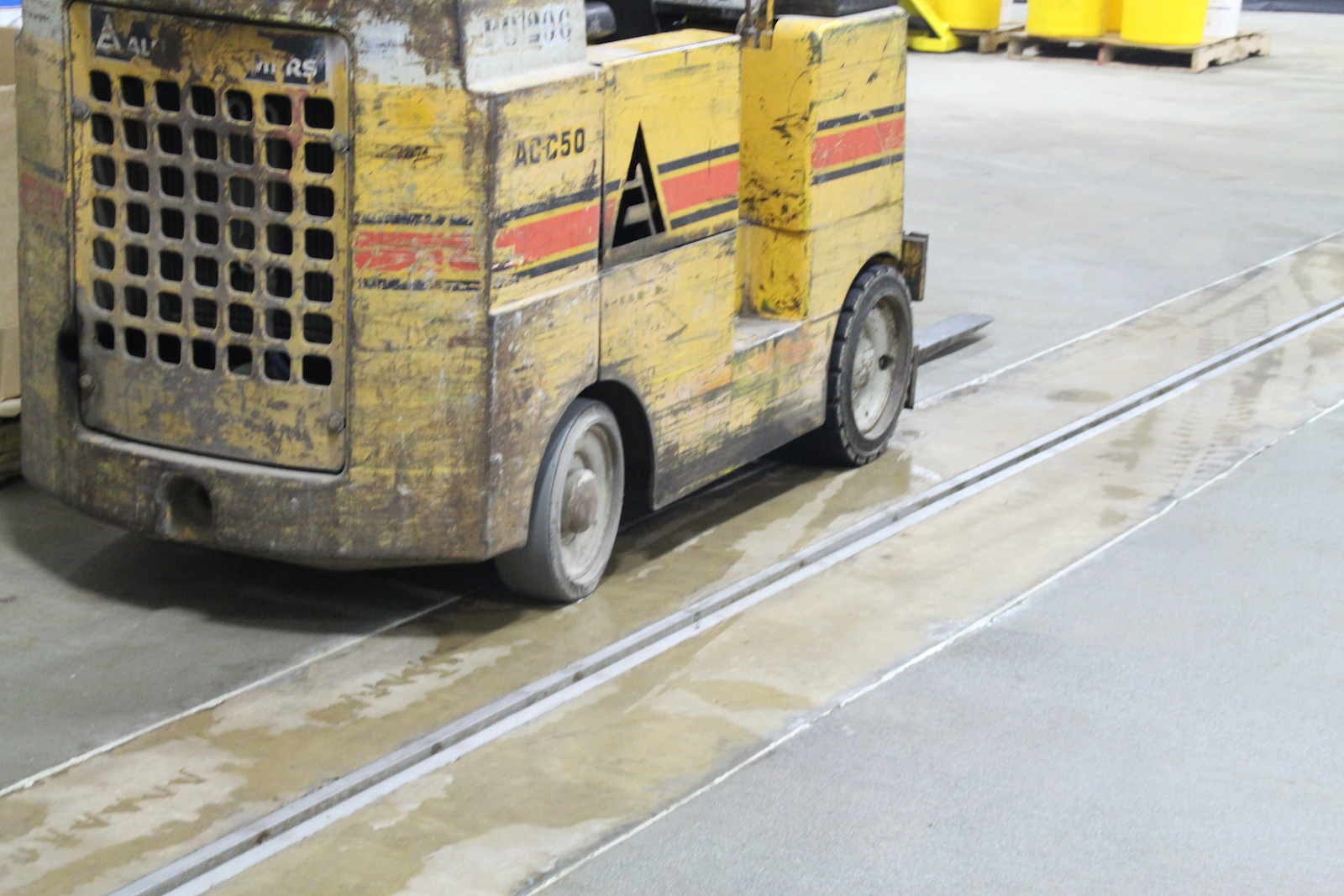
Draining systems for industrial facilities present unique needs. One of the most significant issues with traditional drainage systems is that they require grates. These types of grates are fragile and can break easily, and cannot handle heavy loads found in industrial facilities. This adds to the difficulty of maintaining them since the grate cover will need replacing every time it breaks.
An Alternative System
Some of the most significant issues with traditional drainage systems include a lack of sanitation, difficult maintenance, low load-class capability, presence of a grate, and being incapable of handling substantial flow rates. For that reason, you will need to consider alternative drainage systems like Slot Drain.
Slot Drain is a modern take on the trench drain system and is the first to come pre-sloped and pre-assembled. Unlike traditional systems, Slot Drain as a slim drain channel opening that does not require a grate cover. Aside from not having to deal with a grate, the smaller opening means that you will not have to worry about debris clogging the system. It also makes Slot Drain an ADA-compliant system that wheelchairs, walkers, and anyone else can pass over without the fear of tripping over a grate cover.
There is also the option for a food-grade stainless steel body that offers resistance to bacteria, corrosive materials, and extreme heat. The system comes with different models to fit a wide range of applications and offers varying flow rates for everything from landscaping to wineries and breweries. Slot Drain is also incredibly sturdy, with heavy-duty models capable of handling up to 10,000 pounds of weight–the highest Load Class possible.
Finally, Slot Drain is incredibly easy to maintain. Unlike other systems, there is an option for self-cleaning and self-flushing systems that take a lot of the work out of maintenance, making it ideal for all types of applications.
A System You Can Rely On
Drainage is essential; something you can't ignore. But, it isn't just a matter of choosing any basic system–you want to select the best possible, so you know you can rely on it to always work. While there are many alternative drainage systems on the market, nothing can compare to Slot Drain. Regardless of your application, there is a Slot Drain model made for your commercial needs.

